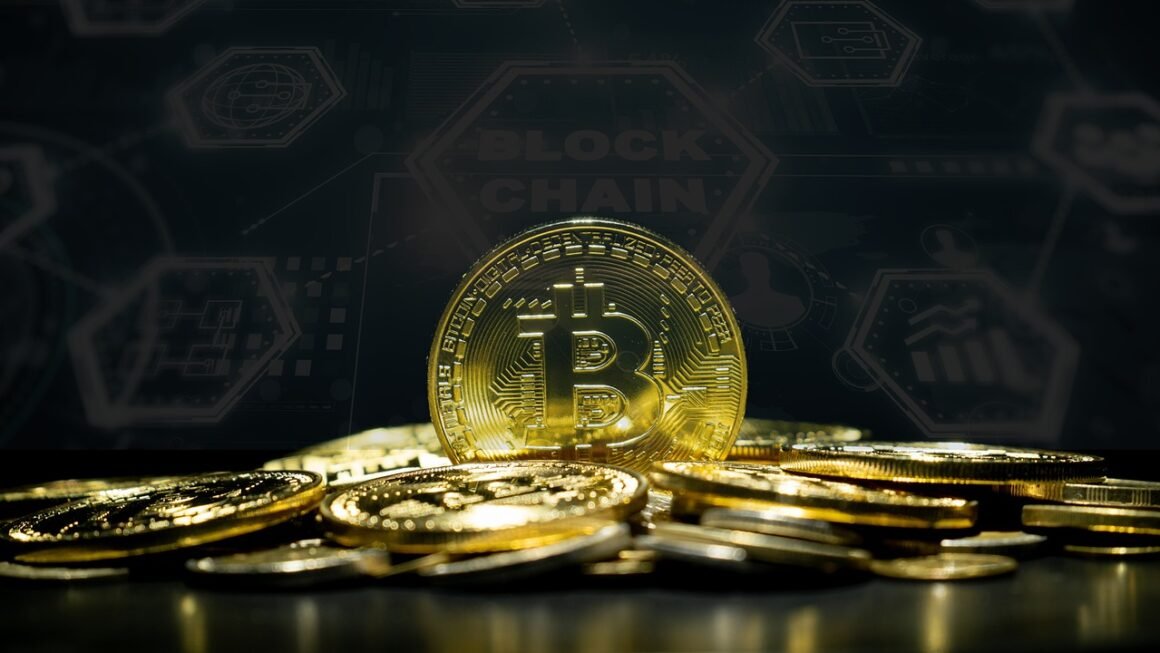NFTs, or Non-Fungible Tokens, have exploded into the mainstream consciousness, transforming the way we think about digital ownership and collectibles. From digital art fetching millions of dollars to revolutionizing ticketing and gaming, NFTs are reshaping various industries. This comprehensive guide will demystify NFTs, exploring their technology, applications, benefits, and potential risks, offering valuable insights for beginners and seasoned enthusiasts alike.
What are NFTs?
Understanding Fungibility
To grasp the essence of NFTs, we must first understand the concept of fungibility. Fungible items are interchangeable and indistinguishable from one another. A dollar bill, for example, is fungible because it can be exchanged for another dollar bill and retain the same value. Cryptocurrencies like Bitcoin are also fungible; one Bitcoin is essentially the same as any other Bitcoin.
Non-fungible items, on the other hand, are unique and cannot be directly replaced by another item of the same type. Think of a famous painting, a rare trading card, or a house. Each possesses unique characteristics that set it apart.
Defining Non-Fungible Tokens
An NFT is a unique digital asset that represents ownership of a specific item or piece of content. This can be anything digital, including:
- Digital art
- Music
- Videos
- In-game items
- Virtual real estate
- Domain names
- Collectibles
NFTs are stored on a blockchain, a decentralized and transparent ledger that records all transactions. This immutability ensures the authenticity and verifiable ownership of the digital asset.
How NFTs Work: The Technology Behind the Magic
NFTs leverage blockchain technology, typically Ethereum, to establish and maintain ownership. Here’s a breakdown:
- Minting: The process of creating a new NFT. This involves writing code that defines the asset’s properties and linking it to the creator’s wallet address.
- Smart Contracts: These are self-executing contracts written in code and stored on the blockchain. They govern the rules and conditions associated with an NFT, such as royalties for the original creator.
- Wallets: Digital wallets are used to store, manage, and trade NFTs. Popular NFT wallets include MetaMask, Trust Wallet, and Coinbase Wallet.
- Marketplaces: Platforms like OpenSea, Rarible, and SuperRare serve as online marketplaces where NFTs can be bought, sold, and traded.
Applications of NFTs Across Industries
NFTs are not limited to digital art; their versatility extends to various sectors:
Art and Collectibles
This is perhaps the most well-known application of NFTs. Artists can tokenize their digital artwork and sell it directly to collectors, cutting out intermediaries and retaining a larger share of the profits.
- Example: Beeple’s “Everydays: The First 5000 Days” sold for $69 million at Christie’s, marking a watershed moment for NFTs in the art world.
Gaming
NFTs are revolutionizing the gaming industry by enabling players to truly own in-game items.
- Example: Players can purchase, sell, and trade unique weapons, characters, or land within a game, creating a player-owned economy. Games like Axie Infinity have demonstrated the potential of play-to-earn models fueled by NFTs.
Music
NFTs offer musicians new avenues for releasing music, engaging with fans, and generating revenue.
- Example: Artists can release limited-edition NFTs of songs, albums, or exclusive content, allowing fans to directly support their favorite musicians.
Real Estate
While still in its early stages, NFTs are being explored as a way to represent ownership of real estate properties.
- Example: Fractionalized ownership of properties can be achieved through NFTs, making it easier for individuals to invest in real estate.
Ticketing
NFTs can be used to create secure and verifiable event tickets, preventing fraud and scalping.
- Example: By issuing NFT tickets, organizers can control resale prices and ensure that tickets are authentic.
Benefits and Advantages of NFTs
NFTs offer several compelling advantages:
- Ownership and Authenticity: NFTs provide verifiable proof of ownership and authenticity, ensuring that the digital asset is genuine.
- Scarcity: By limiting the supply of an NFT, creators can increase its value and desirability.
- Decentralization: NFTs are stored on a decentralized blockchain, making them resistant to censorship and manipulation.
- New Revenue Streams: NFTs enable creators to generate new revenue streams by selling their digital assets directly to collectors.
- Creator Royalties: Smart contracts can be programmed to automatically pay royalties to the original creator each time the NFT is resold.
- Community Building: NFTs can be used to create exclusive communities and reward loyal fans.
Risks and Considerations
While NFTs offer numerous benefits, it’s crucial to be aware of the potential risks:
- Volatility: The value of NFTs can be highly volatile and subject to market fluctuations.
- Security Risks: NFTs are susceptible to hacking and theft if proper security measures are not taken.
- Environmental Concerns: Some blockchains, like Ethereum (until its transition to proof-of-stake), consume significant amounts of energy, raising environmental concerns.
- Lack of Regulation: The NFT market is largely unregulated, which can expose investors to potential scams and fraud.
- Valuation Challenges: Determining the true value of an NFT can be subjective and challenging, leading to overvaluation or undervaluation.
Tips for Investing in NFTs
- Do Your Research: Thoroughly research the NFT project, the creators, and the community before investing.
- Start Small: Begin with small investments to gain experience and understanding of the market.
- Secure Your Wallet: Use a secure wallet and enable two-factor authentication to protect your NFTs.
- Be Wary of Scams: Be cautious of phishing scams and fake NFT projects.
- Diversify Your Portfolio: Don’t put all your eggs in one basket. Diversify your NFT portfolio to mitigate risk.
Conclusion
NFTs are a groundbreaking technology with the potential to transform various industries. While the market is still relatively new and evolving, NFTs offer exciting opportunities for creators, collectors, and investors alike. By understanding the technology, applications, benefits, and risks associated with NFTs, you can navigate this exciting space with confidence and make informed decisions. Remember to conduct thorough research, prioritize security, and be mindful of the inherent volatility of the NFT market. The future of digital ownership is being written now, and NFTs are undoubtedly a significant chapter in that story.



